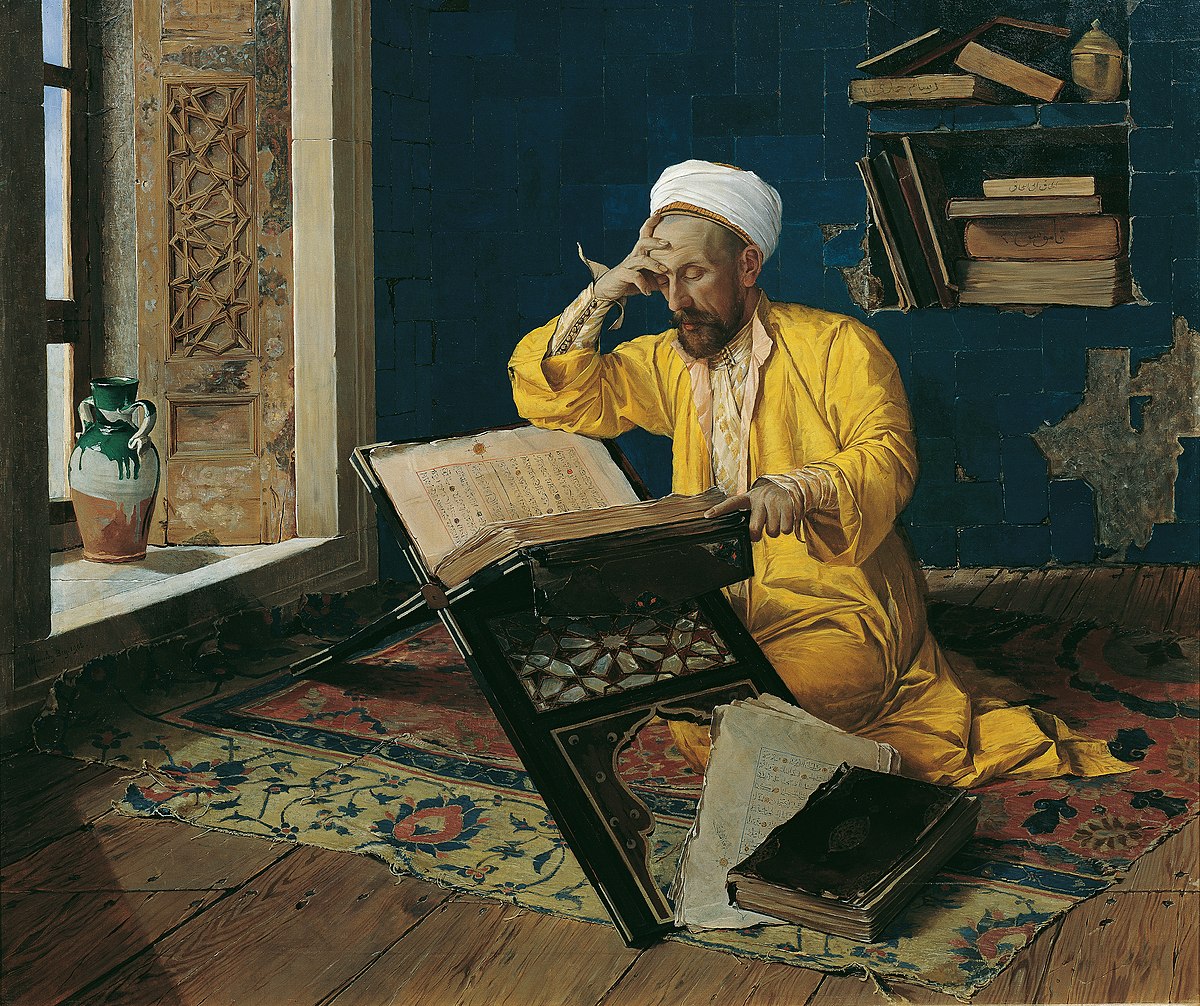
Al-Karaji
Karaj, Alborz Province, IranAbū Bakr Muḥammad ibn al Ḥasan al-Karajī was a 10th-century Persian mathematician and engineer who flourished at Baghdad. He was born in Karaj, a city near Tehran. His three principal surviving works are mathematical: Al-Badi' fi'l-hisab (Wonderful on calculation), Al-Fakhri fi'l-jabr wa'l-muqabala (Glorious on algebra), and Al-Kafi fi'l-hisab (Sufficient on calculation).
Al-Karaji wrote on mathematics and engineering. Some consider him to be merely reworking the ideas of others (he was influenced by Diophantus) but most regard him as more original, in particular for the beginnings of freeing algebra from geometry. Among historians, his most widely studied work is his algebra book al-fakhri fi al-jabr wa al-muqabala, which survives from the medieval era in at least four copies. His work on algebra and polynomials gave the rules for arithmetic operations for adding, subtracting and multiplying polynomials; though he was restricted to dividing polynomials by monomials.
Ask Herodotus
HistoryMaps Shop

Heroes of the American Revolution Painting
Explore the rich history of the American Revolution through this captivating painting of the Continental Army. Perfect for history enthusiasts and art collectors, this piece brings to life the bravery and struggles of early American soldiers.








